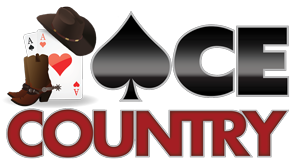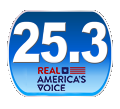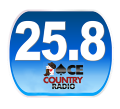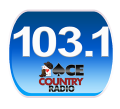NORTH LAS VEGAS, Nev. – As health care facilities around the nation deal with an influx of COVID-19 patients, VA Southern Nevada Healthcare System is ensuring its staff is ready. Following the temporary closure of many of its non-critical services, VASNHS is using the excess manpower to staff critical care areas within the North Las Vegas VA Medical Center. As such, VASNHS is currently providing refresher training to more than 80 nurses, intermediate care technicians, and medical equipment technicians who could potentially shift from their regularly-assigned duties to critical care positions in support of COVID-19 response operations.
“We understand the gravity of this situation, and are looking at models from other countries,” said Quentin Hart, clinical nurse educator and instructor for the critical care training program. “Our leadership is looking at those models and trying to learn from that [foresight] to better prepare us.”
VASNHS Nursing Professional Services staff provided critical care training to the operating room (OR), post-anesthesia care unit (PACU), special procedures unit (SPU), interventional radiology (IR) and cardiac catheterization lab nurses as part of the COVID-19 surge plan. During a week-long course, staff honed their nursing skills such as safely drawing blood, performing electrocardiograms (EKGs), and giving respiratory treatments.
“Being a nurse means you have that basic training anyway,” Hart said. “We just try to facilitate refreshing of those skills. An OR nurse would not normally be doing lab draws, medications, or respiratory treatments. These are functions that are performed before or after surgery, so those things aren’t in their normal scope of practice. We’re making sure they can document their actions, they understand where the orders are going to be coming from, and we’re refreshing some of the physical skills that are required in the acute care setting.”
For the nurses themselves, the specialized nature of their normal jobs means that the refresher course is a way to sharpen those general skills. “The training provided by Nursing Professional Services is a great foundation which allowed us to practice hands-on for procedures and processes that we don’t typically utilize in our departments,” said Kimberly Macasieb, operating room nurse participating in the course. “Understanding what knowledge and skills we do have that can be applied to other areas and what we can do to help the critical care nurses is paramount. This training provided an overview of some tasks we may be able to do that will help ease the workload of the critical care nurses.”
While this refresher training is specifically geared toward handling a potential COVID-19-related patient surge, VASNHS staff practice for these types of scenarios regularly. “Our leadership has us prepare for these types of scenarios with exercises like mass casualty drills,” said Hart. “We have an entire department set aside for emergency preparedness. I don’t know if anyone in the private sector has prepared to the extent that we have. This is just giving us an opportunity to put [our training] into effect. COVID-19 is not unique in how we prepare for pandemics. This type of emergency is practiced routinely.”
And the nurses participating in the course are taking to the challenge, knowing that they may have to put these lessons into action soon enough. “I think it’s safe to say that everyone is nervous about the unknown,” said Macasieb. “It’s like waiting for a battle to start. We see what is happening in places like Italy and New York and it is scary... All we can do is prepare the best we can and see how we can help each other to provide the best care possible for our patients.”
“They understand the usefulness of trying to practice these skills before they are interacting with real patients,” Hart said. “We understand the gravity of this, and why it’s important for us to establish best practices in case we experience an influx of patients like we are seeing around the country.”













